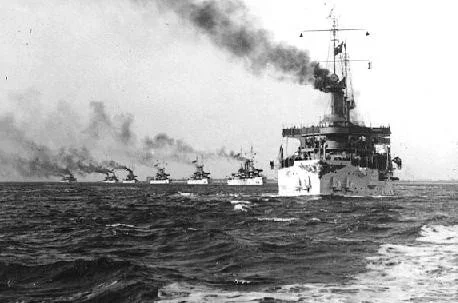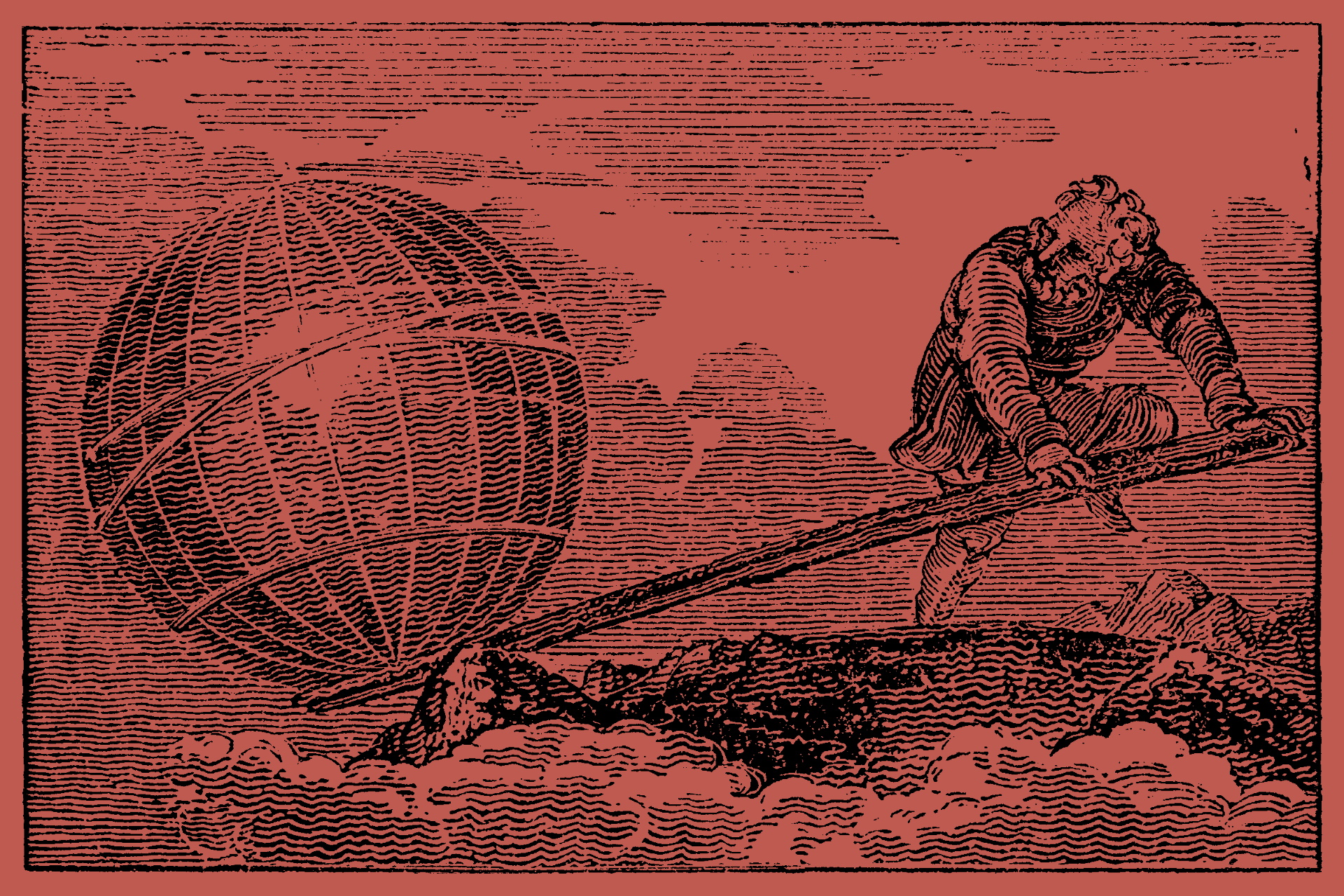All this only adds to the need for commanders to use sea-power theory to unlock the full potential of structureless fleets—including their silent services. Imagine what a Lucky Fluckey versed in sea-power theory could accomplish today.
Amphibious Power: A Personal Theory of Power and a Key Element in the Strategic Theory Canon
Sea Power Matters: A Personal Theory of Power Bringing Balance to the Force
It shouldn’t surprise any of us that combat at sea is the focus of the United States Navy. It seems perfectly rational. This focus, codified in law and embraced by recent tradition, results in a view of sea power that skews toward the wartime, both the operational and tactical. Over the past century this has resulted in a slow migration away from the true meaning of the word. “Sea power” has lost the broad political, diplomatic, and economic meaning and the importance that it once had, shifting away from its true and proper place in strategic affairs.
Land Power: A Personal Theory of Power as More than Simply the Element of Decision
When a political decision requires a definitive, more enduring answer, land power will likely be the main element of national power employed — there’s a reason the key theorist of war and land power focused on destroying an adversary’s armed forces, occupying his country, and breaking that nation’s will as his three main objectives in war.
Social Choice: A Personal Theory of Power in Preferences, Choices, and Strategy
There are many sources of power, but this essay focuses on choice-theoretic research and social choice in particular. Social choice concerns the process by which individual preferences are aggregated into collective choices through group decision processes such as voting. I hope to convince the reader that strategists ought to be thinking about social choice and its implications for the complexity of attaining stable agreement. It is by pondering the nature of social choice that we truly understand why the strategist is a “hero.”
Cyber Power: A Personal Theory of Opportunity, Leverage, and Yet…Just Power
Cyberspace is enabling new forms of communication, influence, awareness, and power for people around the world. Families use cyberspace to communicate face-to-face over great distances. Financial institutions execute global business and commodity trades at the speed of light through the cyberspace domain. The world’s citizens are granted unprecedented access to information, facilitating more awareness and understanding than at any time in history. Yet the same cooperative domain that fosters so much good for mankind also offers a tremendous source of power.
Joint Action: A Personal Theory of Power
Despite the historical success of joint action, many professional warriors and strategists continually debate which military function is most decisive in the termination of war. Even today, some question whether it is indeed worth the effort to work through the complications of combining competing strategies into effective joint action. My personal theory of joint action proposes an artful blend of both sequential and cumulative strategies to conduct unified operations that most effectively achieve our national objectives. Strategic effect is reduced when either cumulative or sequential strategies are parochially subordinated to the other, since there is no single, decisive function, service, or role in war.
Defense Industrial Base: A Personal Theory of Power and A Path to Achieving Political Objectives Independently
The Cognitive Domain: A Personal Theory of Power
Complementary mental models hold the social world together. It’s not the lines painted on the road that keep us from careening into each other on the highway, as we sadly find out too often. Paper money has no intrinsic value on its own, unless you like the pictures and holograms, are trying to start a fire, need a bookmark, or have just run out of toilet paper. Online credit purchases do not even require the plastic card anymore, and only work because we collectively believe that strings of ones and zeros — stored electronically in computers that we’ll never see — equal our right to receive services and things from other people, and keep them. In all of these cases, it’s not about the symbolic artifact. Our agreements about what those artifacts represent, and our willingness to act on those beliefs, are what keep the wheels of society turning.










